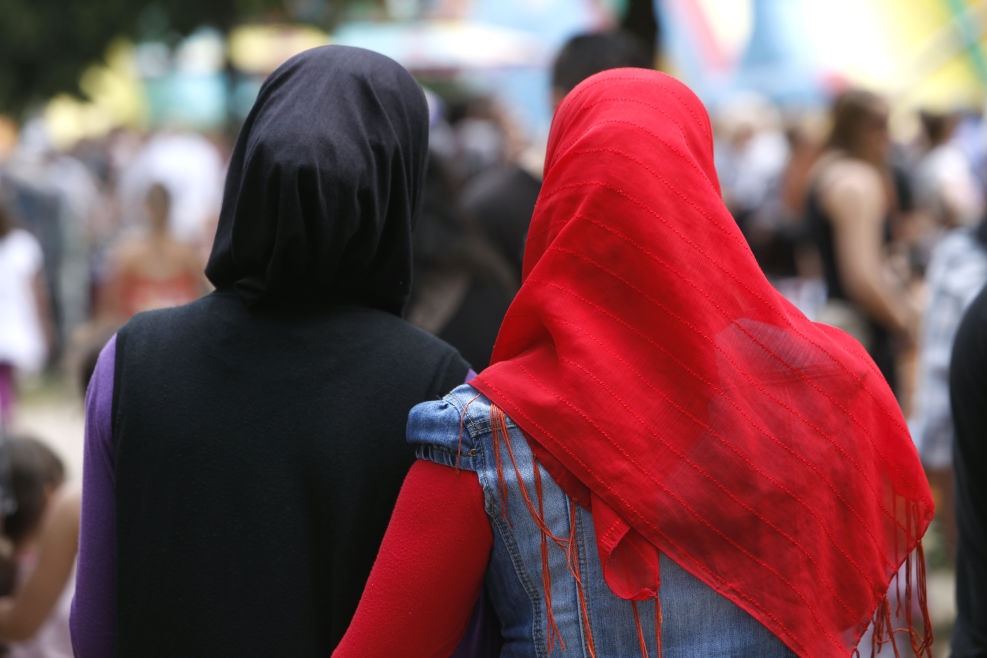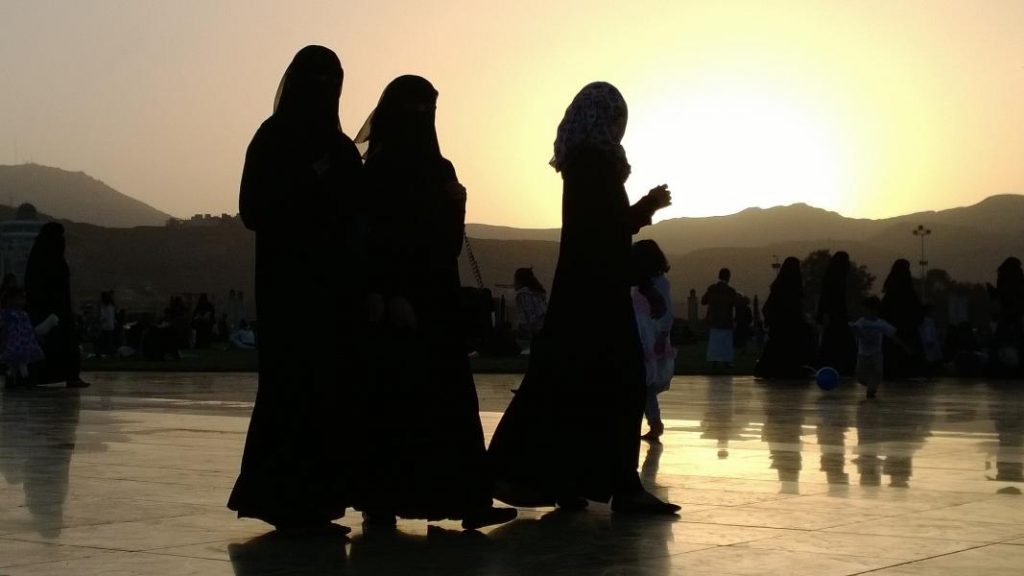Africa’s Agenda 2063 places great import on the need to establish peace and stability on the continent as a key component of ensuring that the national and continental development agendas can be achieved.
“Aspiration 4” of Agenda 2063 which envisions a Peaceful and Secure Africa, calls for the strengthening of governance, accountability and transparency as a foundation for peace, as well as the implementation of mechanisms that ensure the prevention and resolution of conflicts including the use of a dialogue-centred approach to conflict prevention and resolution.
Under the Agenda 2063 flagship project of Silencing the Guns by 2020, the African Union advocates for the meaningful participation and leadership of women and their efforts towards promoting peace, enhancing good governance, democracy, respect for human rights, justice and the rule of law.
The AU’s commitment is demonstrated in its policy formulation and allocation of resources -human, institutional and financial – towards attaining gender equality and women’s empowerment, as a critical goal and strategy in the realization of Agenda 2063 “Aspiration 6” that recognises the centrality of women in Africa’s development.

These efforts also act as a catalyst towards the achievement of the goals of the United Nations Security Council Resolution 1325 to further drive the women’s agenda in the peace and security architecture.
To honour the work of African women in the areas of conflict prevention and resolution, peacekeeping and peacebuilding, the African Union (AU) and the United Nations Office to the African Union (UNOAU) are jointly publishing a Commemorative Book that will recognise and celebrate outstanding African women who have exceptionally advanced the women, peace and security agenda in Africa.
The book aims to send a message of encouragement to women across our continent and in the rest of the world, by reflecting on the exceptional stories and contributions of the women to peace and security on the continent, and serve as a learning experience and motivation to other women, especially young women involved in mediation, peacebuilding and peacekeeping activities.
The Commemorative Book will feature 20 African women from across the continent, each of whom will have a chapter dedicated to them to share their story or contribution towards Africa’s Agenda 2063 initiative to Silence the Guns as well as the 4 pillars of UN Resolution 1325 on prevention, protection, participation and/or relief and recovery, as part of advancing the peace and security agenda.
The Commemorative Book is part of the activities for the 20th anniversary of the United Nations Security Council Resolution 1325 on women, peace and security and also in line with the AU’s theme for the year 2020 which will be “Silencing the Guns: Creating Conducive conditions for Africa’s Development”
The call for nominations for outstanding African women is open to receive contribution from across the continent and will close on September 2, 2019. The book will be launched during the AU Assembly of Heads of State and Government / AU Summit in February 2020, at the AU headquarters in Addis Ababa, Ethiopia.
About the AU Special Envoy on Women Peace & Security.
In 2014, the Chairperson of the AU Commission appointed Mme. Bineta Diop as the Special Envoy on Women, Peace and Security (WPS) mandated to promote and echo the voices of women in conflict prevention, management and resolution, as well as advocate for the protection of their rights, including putting an end to impunity on sexual and gender-based violence.
The envoys’ efforts are also complemented by other mechanisms such as the Network of African Women in Conflict Prevention and Mediation -commonly known as FemWise-Africa. FemWise-Africa mobilises women and girls from all over the continent and the diaspora to promote and professionalize the role of African women in mediation processes, conflict prevention and peace-making efforts.
The office supports the work of the AU Peace and Security Department and the Women Gender and Development Directorate to develop strong, progressive and articulate policies to support the commitment towards the realisation of real transformation for gender equality and women’s empowerment.
To ensure effective assessment of, and reporting on the delivery of the commitments at the continental, regional and national levels in Africa, the AU
Continental Results Framework (CRF) for Monitoring and Reporting on the Implementation of the WPS Agenda in Africa was instituted.
The CRF provides twenty-eight (28) indicators agreed upon by African countries for tracking and reporting on the implementation of the WPS
Agenda on prevention, participation, protection relief and recovery) as well as emerging security threats.

